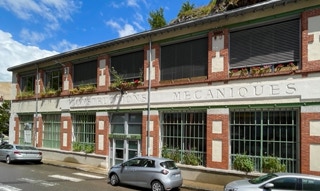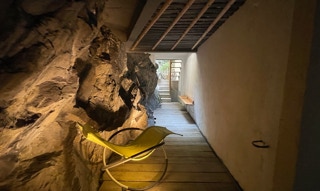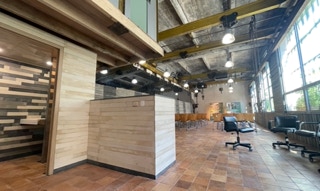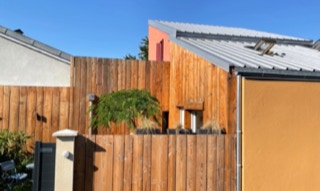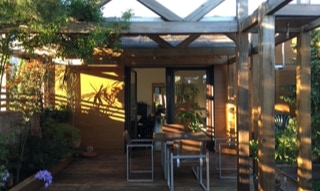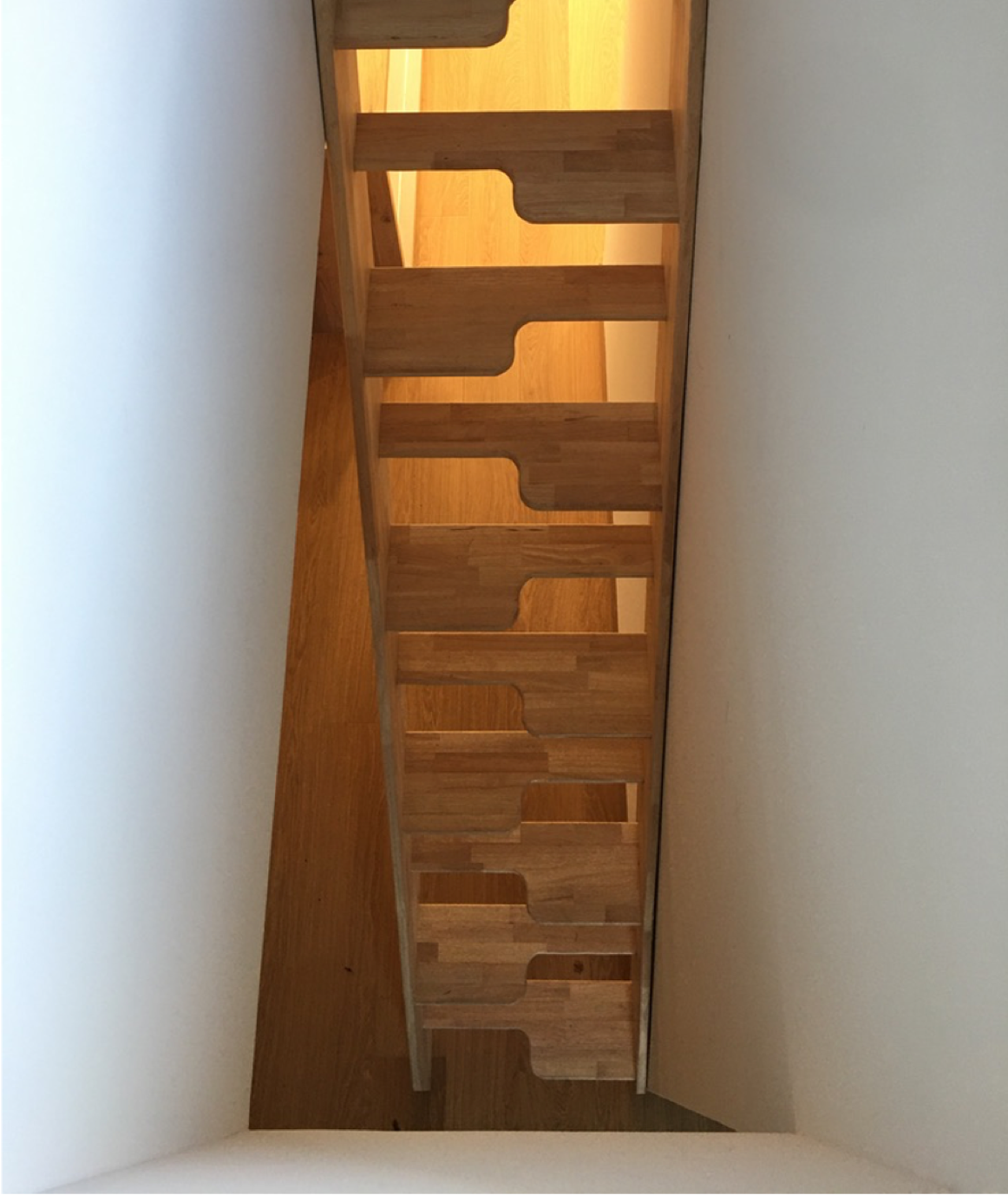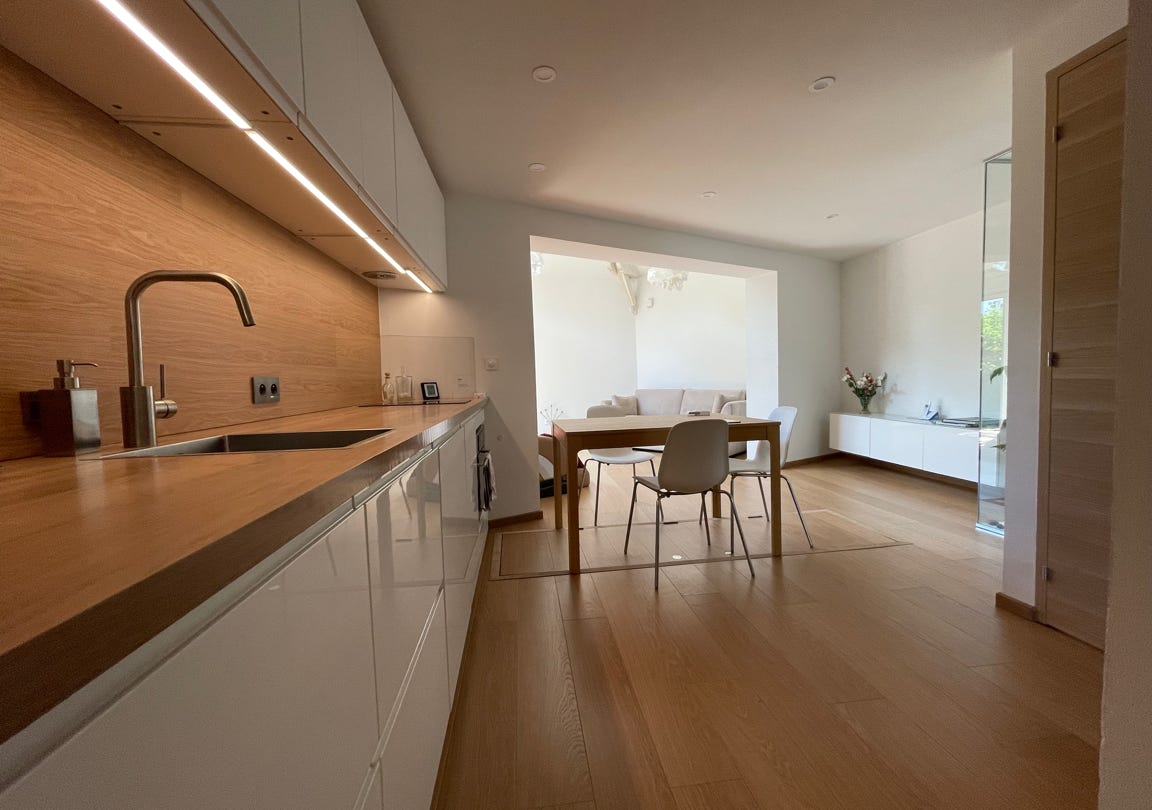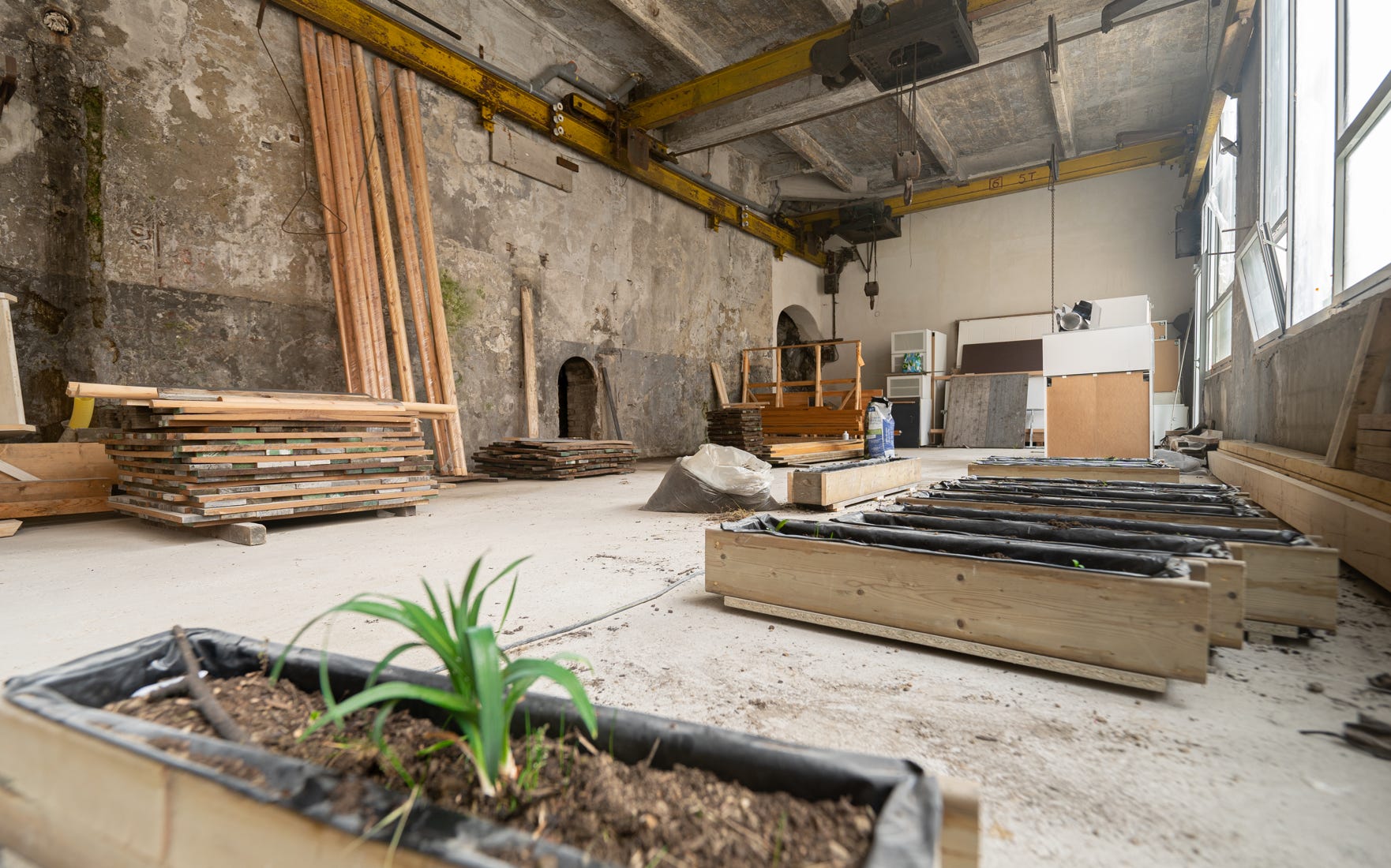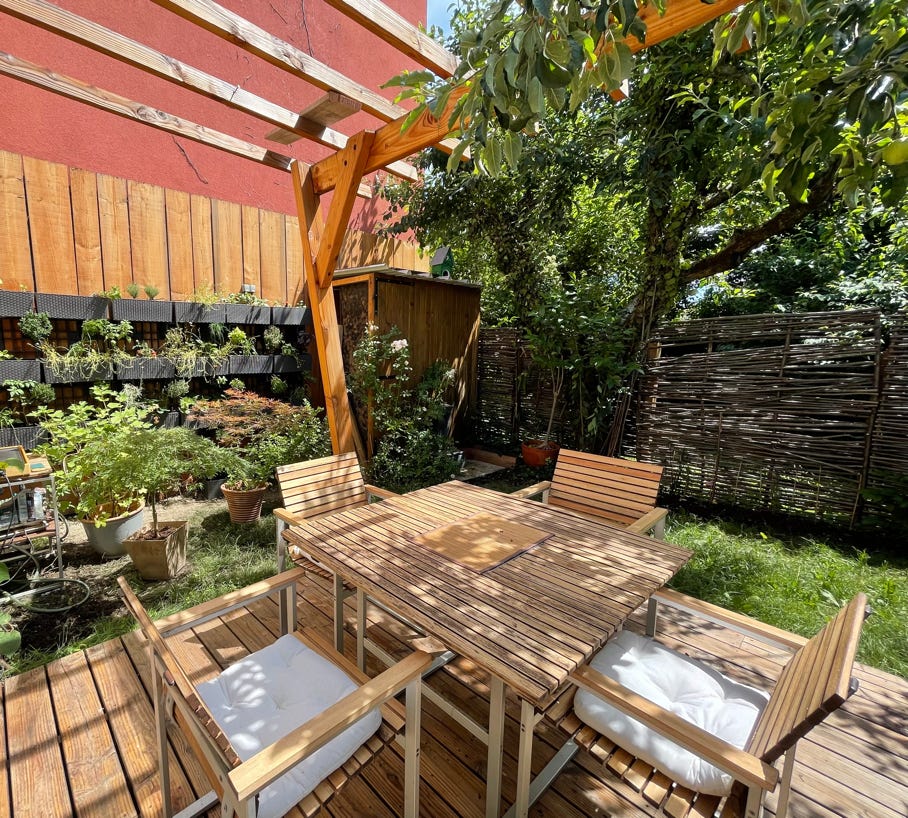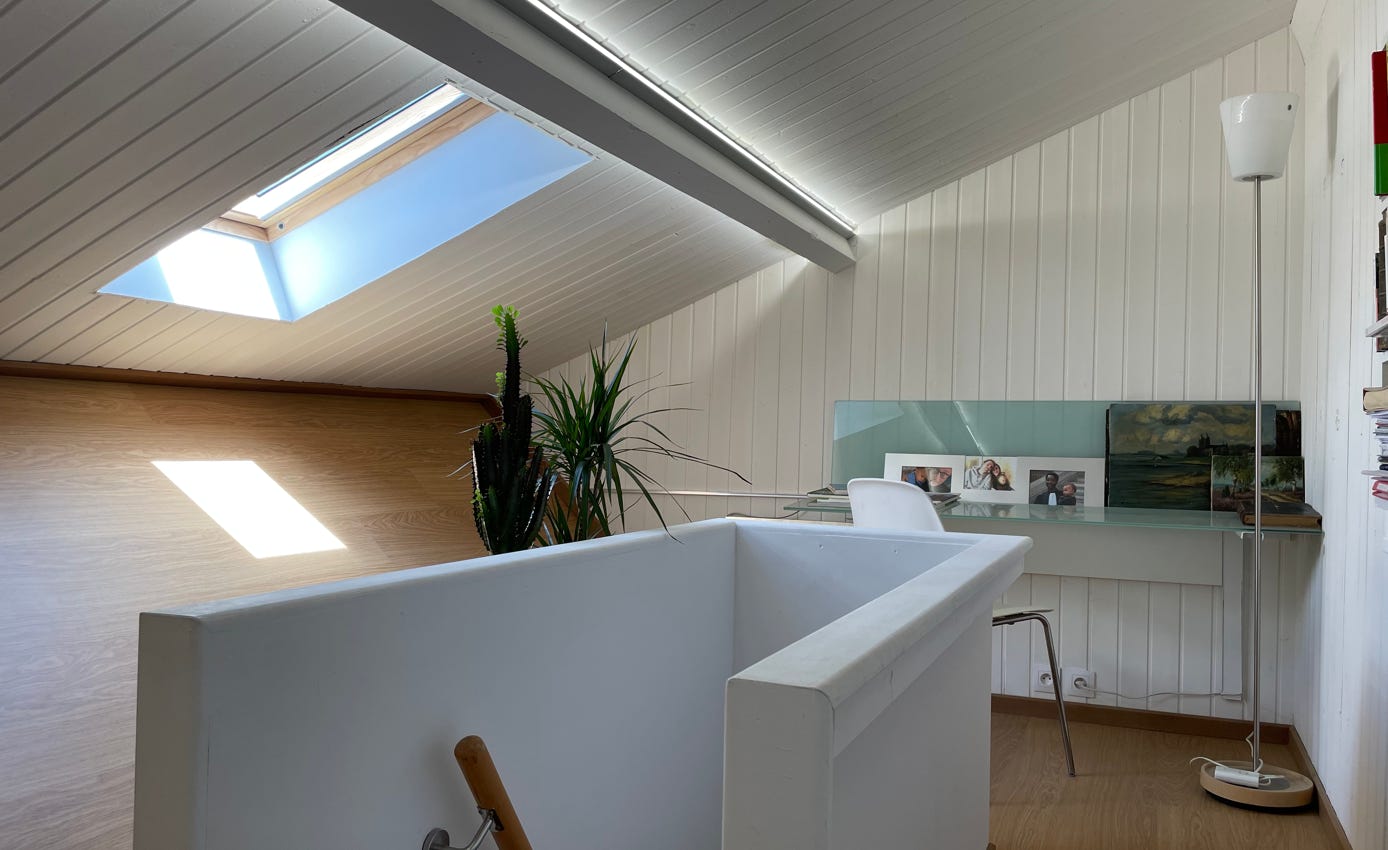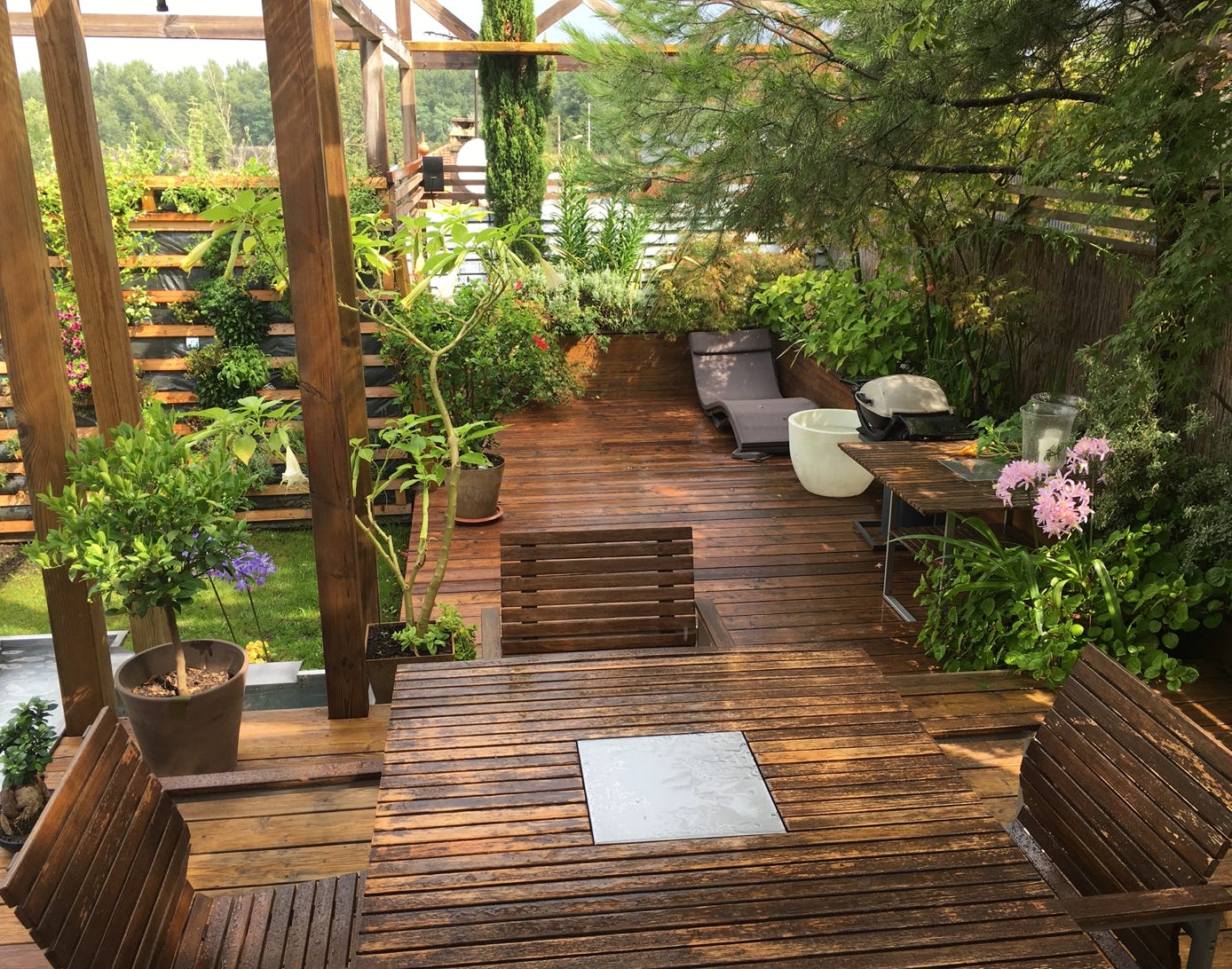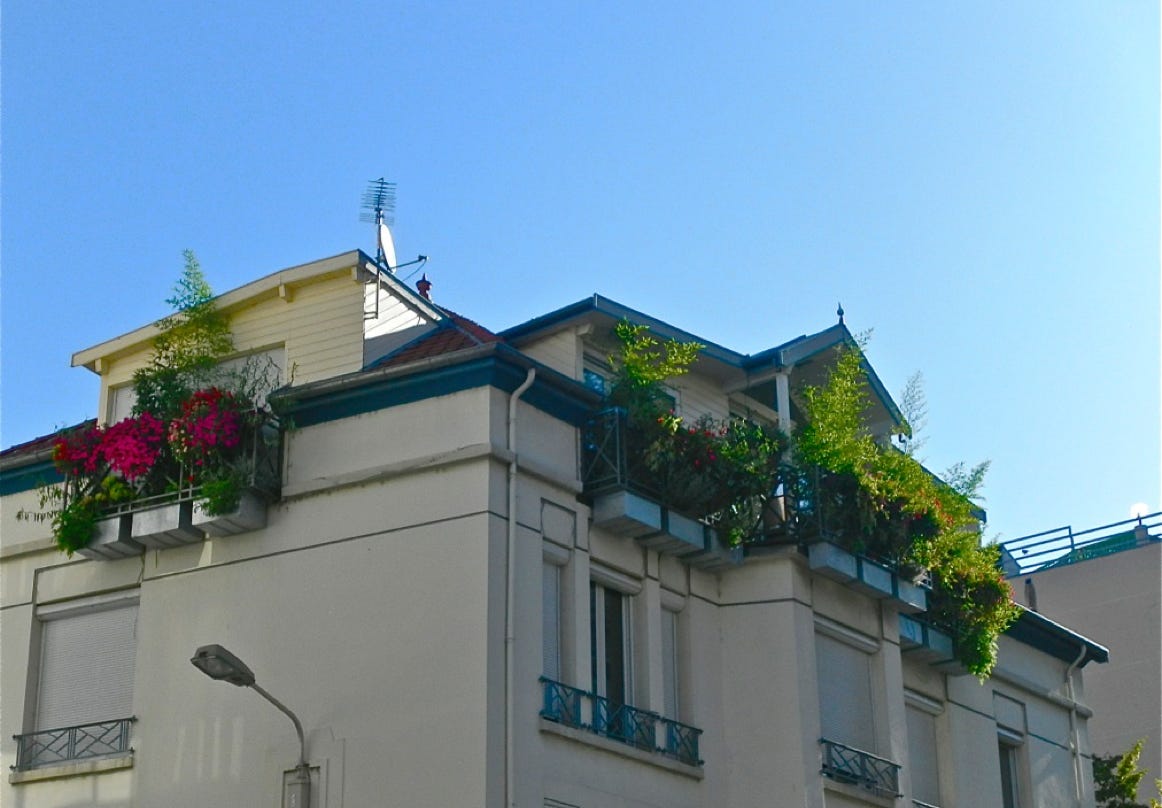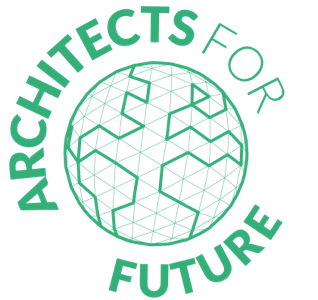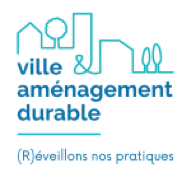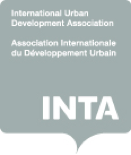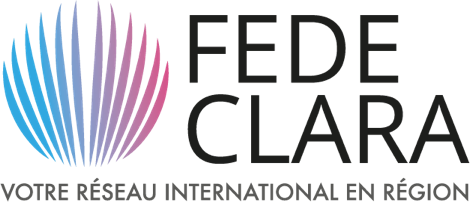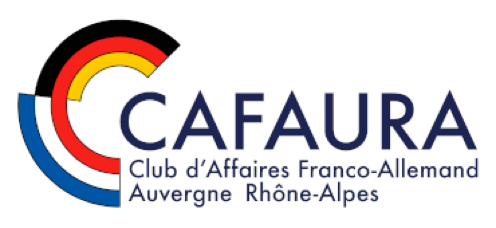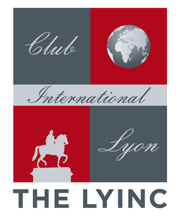…show more .
« La construction est un très court moment dans la vie du bâtiment. Cependant, comme au moment de la conception de nos enfants, c’est le moment clef de transmission de l’ADN pour cet organisme qui va naître pour vivre.
Il faudrait donc abandonner le paradigme selon lequel un bâtiment est une masse inerte, et plutôt le considérer comme un organisme vivant et agile, en symbiose et en perpétuelle évolution avec ses occupants.
Au lieu de créer un objet design et fini, il s’agit donc surtout de mettre au monde des espaces de vie vivants, évolutifs et capables d’être et de rester positifs pour les citoyens, pour la société et… pour la planète. »
« The construction of a building is only a brief moment in its entire lifecycle. Yet, similar to the conception of a child, this is the decisive moment when the DNA of this new organism is transmitted, an organism that is born to live.
We should therefore abandon the outdated paradigm of viewing buildings as lifeless masses and instead see them as living, agile organisms — organisms that exist in symbiosis with their users and their environment, and that, like us humans, continuously evolve.
Thus, it’s not about creating finished design objects, but about shaping flexible and living spaces that will have a lasting positive impact on the inhabitants, society, and the planet. »
« The construction of a building is only a brief moment in its entire lifecycle. Yet, similar to the conception of a child, this is the decisive moment when the DNA of this new organism is transmitted, an organism that is born to live.
